Loading...
Click here if you don’t see subscription options
Click here if you don’t see subscription options
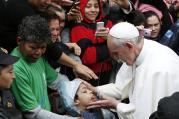
"Evangelii Gaudium" is a wide-ranging reflection insists the Gospel is “good news” and we ought to act like it. It places care for and commitment to the poor and vulnerable at the very center of the church’s evangelizing mission and all of Catholic life. Pope Francis want
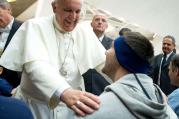
In All Things
In his final address as president of the United States Conference of Catholic Bishops New York Cardinal Timothy Dolan outlined a series of steps the bishops can take to protect religious freedom around the world quot a central social and political concern of our time quot Speaking at the openin
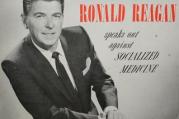
(Un)Conventional Wisdom
The latest political roundup from Robert David Sullivan at "(Un)Conventional Wisdom"
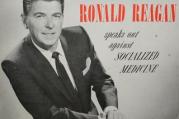
(Un)Conventional Wisdom
Polling data underscore how conservative Americans have become in recent years.

News
At Georgetown, four panelists analyzed the first months of Francis' papacy.
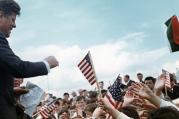
(Un)Conventional Wisdom
The polarization of American politics continues to be a fertile topic for researchers with one new study suggesting that our online dating habits contribute to the red-vs -blue schism At the Mischiefs of Faction blog study co-author Casey Klofstad summarizes the findings parents pass their
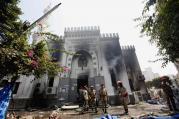
News
Responding to yesterday’s unprecedented violence in Cairo, President Obama this morning cancelled a biannual joint U.S.-Egyptian military exercise that had been scheduled for September. “While we want to sustain our relationship with Egypt, our traditional cooperation cannot continue as
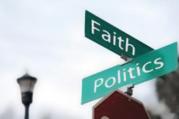
Washington Front
Washington could use a little of Pope Francis' faith, hope and charity.

News
Catholics need to put aside "any partisan differences" they have on the immigration issue and come together to pray for the welfare of their brother and sister immigrants and for Congress to pass much-hoped-for comprehensive immigration reform, said Bishop David M. O'Connell of Trenton
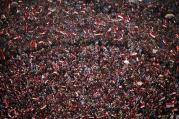
In All Things
Going into the 4th of July weekend I look at the political turmoil taking place in Egypt and feel fortunate to have been born in a country that had its revolution 200 plus years ago and was led by men of such singular ability George Washington Benjamin Franklin John Adams Thomas Jefferson Jame
